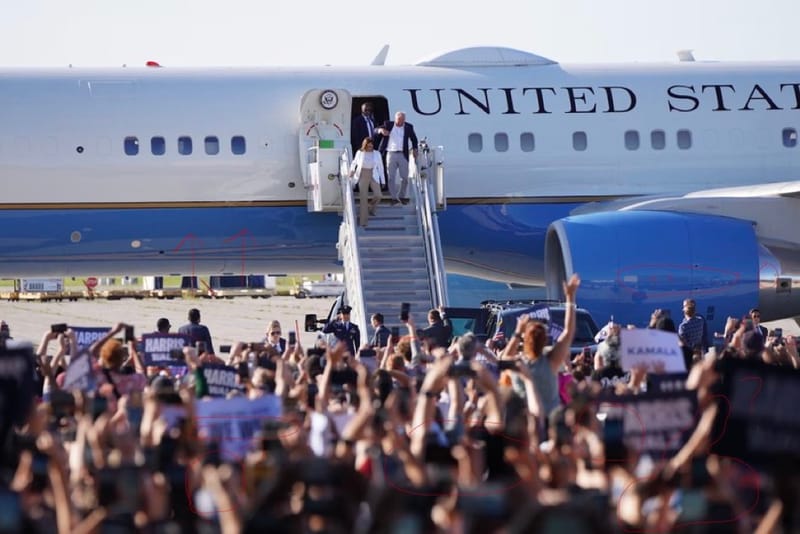Chinese Citizen Charged in Alleged AI Technology Theft for Beijing Company
In a development that underscores the ongoing tensions between the United States and China over technology and intellectual property rights, Linwei Ding, a 38-year-old Chinese national formerly employed as a software engineer at Google, has been arrested and charged with attempting to steal and transfer artificial intelligence (AI) technology to

In a development that underscores the ongoing tensions between the United States and China over technology and intellectual property rights, Linwei Ding, a 38-year-old Chinese national formerly employed as a software engineer at Google, has been arrested and charged with attempting to steal and transfer artificial intelligence (AI) technology to a company based in Beijing. The arrest, which took place in Newark, California, marks a critical point in the U.S. Department of Justice's efforts to clamp down on intellectual property theft.
According to federal authorities, Ding, also known as Leon Ding, faces four counts of trade secret theft, each carrying the potential for substantial prison time. The indictment alleges that Ding was involved in the illicit transfer of more than 500 files containing confidential information related to Google's cutting-edge AI technology. This operation was purportedly conducted in secret, with a Beijing-based company compensating Ding for the stolen data.
Ding's arrest follows a comprehensive investigation by the FBI, which unveiled his attempts to provide the Beijing company with proprietary AI knowledge that could potentially enhance China's position in the global technology race. The indictment does not name the Chinese company involved but highlights the growing concern over the theft of American technological secrets by foreign entities.
This case is part of a broader strategy by the U.S. government to protect its technological assets and maintain its competitive edge on the global stage. The Department of Justice has emphasized the importance of safeguarding American innovation, especially in fields critical to national security and economic prosperity, such as artificial intelligence.
As the legal proceedings against Ding unfold, this case is likely to further strain the already complex relationship between the United States and China, particularly in the arena of technology and trade. It also serves as a stark reminder of the high stakes involved in the global race for technological supremacy, where the line between competition and espionage appears increasingly blurred.


